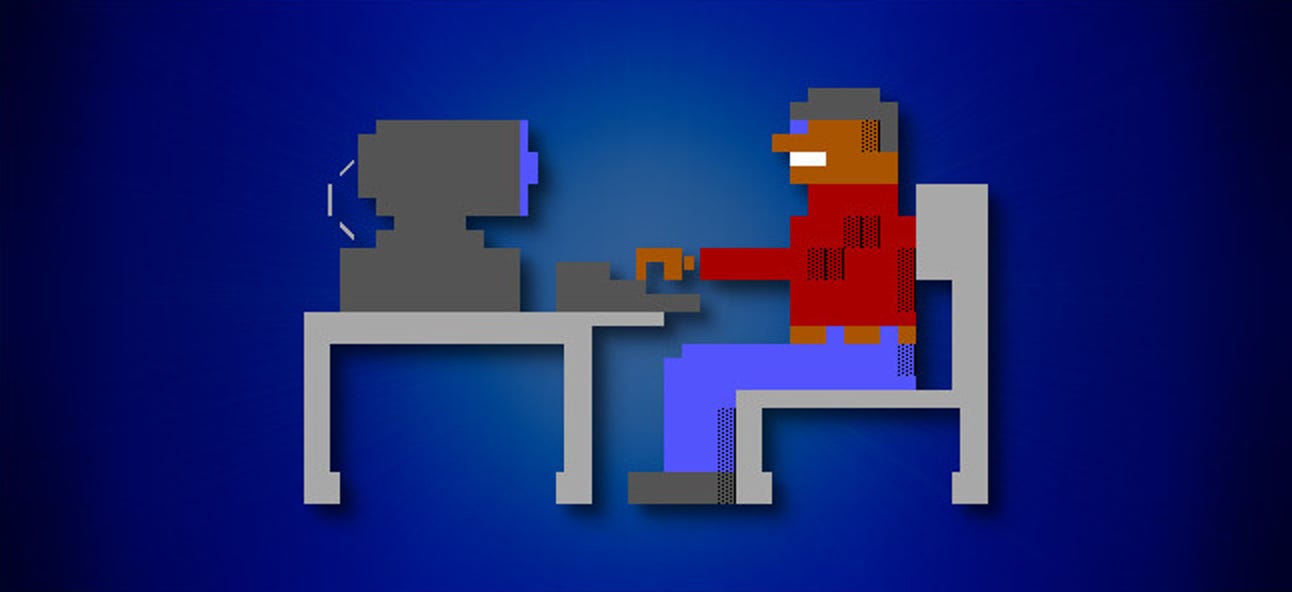These days, social media gets all the attention, but the Bulletin Board System (BBS), a relic from a kinder, gentler time in computer communications, persists. Each BBS is its own retro-flavored community with messages, text-based games, and files you can download. And you can still connect to one today.
A Bulletin Board System, or BBS, is a computer-based electronic community on which its members can read and write messages, play text-based games, and download files. They originated in 1978 in Chicago, and their popularity peaked around 1995, just as the internet began to go mainstream.
Back then, this was the Internet for most people.
Today, because dial-up phone lines are scarce, and we have the internet, most BBSes utilize the Telnet protocol for connections (although some dial-up BBSes still exist). Today, the number of BBSes is rising due to a growing nostalgia for the past. The Telnet BBS Guide lists almost 800 currently active BBSes, which is more than double the amount around in 2016. Sure, you can just jump on Twitter, Facebook, or Reddit to find a community. But if you want a blast from the past, you should try a BBS.
Each BBS is a cultural pocket that’s usually insulated from the reach of Google’s indexing or viral intrusions from social media. You can’t get to a BBS through a web browser without logging in through a terminal emulator. This means, generally, you can’t reach the resources of a BBS openly from a website (although exceptions do exist).
As a result, each BBS feels like a private club that reflects the personality of the administrator, or Sysop (system operator). Each BBS is its own community. People leave messages for each other, play against each other in text-based games, and (less commonly, now) share files that are only available on that particular BBS.
See https://www.howtogeek.com/686600/remember-bbses-heres-how-you-can-visit-one-today/
#technology #retro #BBS #bulletinboard #Telnet



The fun of BBS is the lack of privacy. You have to connect with your telephone number to someone else’s phone number. If you thought your IP addresses was important to keep safe, imagine your phone number.
I’m half joking. I’m not sure but servers didn’t have some caller ID program. I think it would show up on the phone bill though.